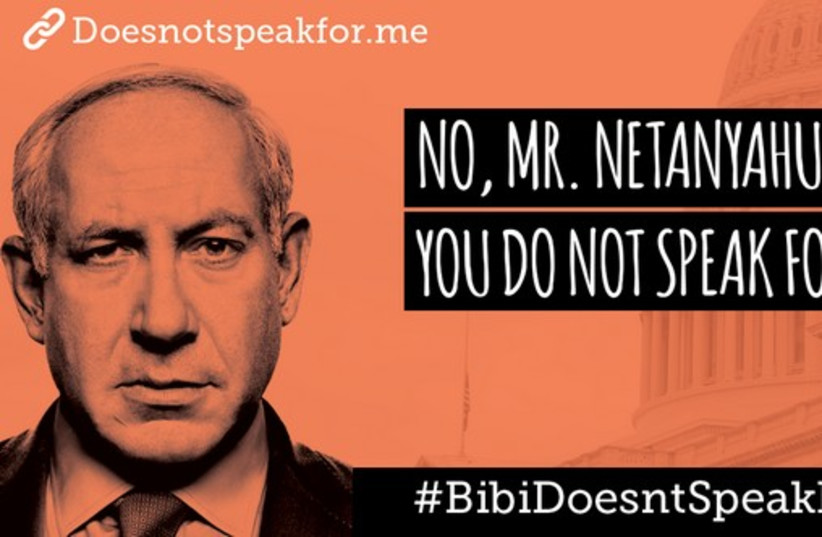J Street, the Jewish lobby identified with the Democratic Party in the US, has for many years received the cold shoulder from the Israeli government. When Shimon Peres chose to deviate from the party line and meet with the organization’s representatives at the President’s House, the criticism was not long in coming.
The reluctance of official Israel has not faded over the years. But today, and especially on the issue of the Iranian nuclear threat, J Street may prove to be a particularly effective partner.
The latest poll by the Jewish Electorate Institute shows that climate change tops the list of priorities of American Jews (29%), while the issues of Israel (4%) and Iran (3%) are relegated to the bottom of the list. This picture should worry Israel’s leaders. Even if Israel decides to implement the deep reform necessary to restore Israeli-Diaspora relations, the mission will take years.
The threat posed by Iran will not wait for such a reconstruction process to mature. With or without a nuclear deal, Israel now needs massive US assistance for both military purposes and its struggles in the diplomatic arena. The Israeli government must therefore examine every possible way to secure what it needs from Washington.
The obvious partners in supporting this mission are the Jews of the US. However, in recent years cooperation between Israel and American Jewry has become increasingly problematic.

The repercussions of the sharp clash between Binyamin Netanyahu and Barack Obama over the Iran deal still ripple in the minds of American Jews. It was a real trauma that deepened the rift with Israel and hindered the functioning of Jewish organizations in the US.
The issue bitterly divided the community, and Netanyahu’s conduct exacerbated the schism. American Jews, who are predominantly Democrats (around 70% of the community), felt that Netanyahu ignored them and that his team insultingly contended that Evangelical Christians were more loyal to Israel than they were.
The impact of this trauma has not gone unnoticed by the Bennett-Lapid government, which out of a desire to restore relations with American Jews is extremely careful not to be perceived as pushing them between the hammer and the anvil. The pendulum has swung from one extreme to the other, and in that, too, lurks danger.
Naftali Bennett, Yair Lapid and Benny Gantz will not, and rightly so, repeat statements like that of Israel’s former ambassador to the UN, Likud member Danny Danon: “Jewish political leadership has to decide whether to side with Israel or with an administration that is in a hurry to return to the nuclear agreement with Iran.”
BUT THERE is still a space where Israel’s needs can be expressed and acted upon with the appropriate sensitivity. In this context, J Street may prove particularly effective.
The lobby supported Obama’s policy, and later President Joe Biden’s, to pursue an agreement with Iran (the latest poll reveals that 68% of American Jews support a return to the nuclear deal; 32% oppose it).
Against this background, no one will be able to accuse J Street of disloyalty to President Biden if it advances positions that help Israel with regard to Iran.
For example, promoting measures to ensure maximal compliance in the implementation of an agreement – if signed – while strengthening Israel’s capabilities to protect itself; in the event that an agreement is not signed, promoting vigorous action to prevent Iran from acquiring nuclear weapons and halting its regional subversion.
Engaging in dialogue with J Street, and with the Democratic voters who support it, would be an effective way to rekindle American Jewry’s interest in the challenges facing Israel.
When a serious threat to Israel’s national security intensifies, and in so doing poses a real threat to the Jewish people as a whole, the Israeli government must make its voice heard without being overly polite. At the same time, a strategic lever like J Street is an opportunity not to be missed.
The writer is a senior fellow at the Jewish People Policy Institute, and a former director-general of the Foreign Ministry.
![American and Israeli Jews [Illustrative] American and Israeli Jews [Illustrative]](https://images.jpost.com/image/upload/f_auto,fl_lossy/q_auto/c_fill,g_faces:center,h_720,w_1280/433149)